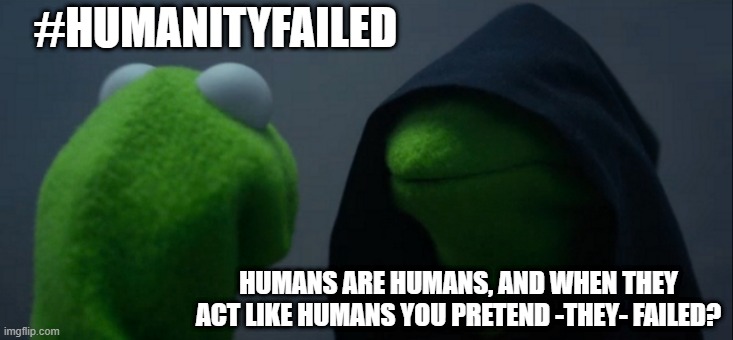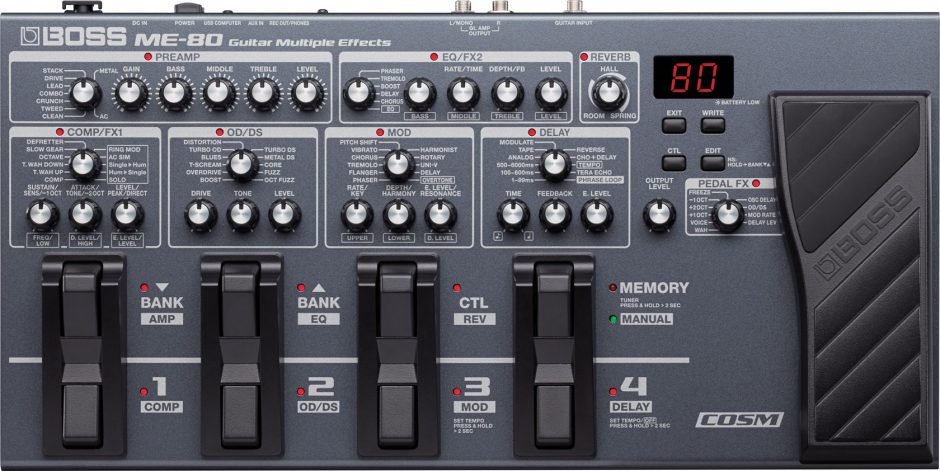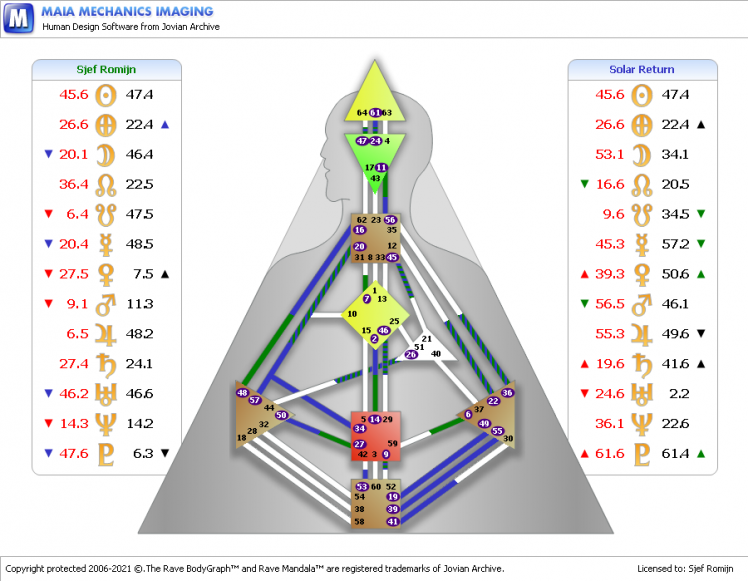And needing to prove what to whom?


Hands-On Access To A World Of Great Tones
Mobile, battery powered, and filled with a diverse selection of flagship-quality BOSS amps and effects, the ME-80 is the ideal compact tone processor for performing guitarists. A friendly knob-based interface makes it simple to dial in great sounds in seconds, while easily selectable operation modes offer the flexibility of individual stompbox-style on/off or instant recall of complex multi-effects setups. Unique new footswitches deliver twice the control of previous designs for efficient and intuitive effects switching, patch selection, and real-time sound shaping while playing on stage. The free BOSS TONE STUDIO software unlocks even more tonal possibilities, providing a cool graphical interface for tweaking and organizing sounds on your computer, plus a web connection to BOSS TONE CENTRAL for direct access to free gig-ready patches created by top pro guitarists and much more.


I only have to find my own correctness in it, yours or anyone else’s has nothing to do with my S&A.
My correctness, is not a stance, nor is it something I take, and therefor not need to defend nor explain.
Besides correctness not being logical, anyone pretending that my correctness is their business, is mistaken.
This goes for any and every topic.
MoonBlog 19.3 dedication
Gate 19 of wanting, approach. That all things are interrelated is apparent and manifested through the action of approach.
Gate 19 Line 3 dedication. Receptivity to approach can only be maintained through vigilance.
Exalted: The natural ease with which communion is maintained. Sensitivity and ease fueled by acceptance by others.
Detriment: A tendency to moodiness that may lead to carelessness. The need to be wanted hampered by oversensitivity.
Fusion360 and 3d Printer, to make molds for routing panel corners: https://www.thingiverse.com/thing:4914457



In the vedantic view, karma must be shunned to make way for knowledge. However, what constitutes karma is not outward action but the feeling of ‘doership’.

There is a common misconception about the view of Adi Shankaracharya and Advaita Vedanta on karma. People believe that Adi Shankaracharya equated moksha to a life of renunciation, a life of non-action, and that he suggested that one who is desirous of moksha or has achieved moksha should live the life of a sannyasi. This is not really true. Let us try and understand what Shankara really meant by first understanding the view of Vedanta itself on karma in relation to moksha.
The reader of this article will say, “I am reading this article”. He considers himself as the reader and he considers himself as separate from this article. However, in the vision of Vedanta, the reality is that it is only the body and mind which is engaged in reading, ‘I’ which is pure, unchanging, consciousness, is not at all involved in the process of reading. Rather, ‘I’, the consciousness, is that limitless reality on which both this article and the reader depend for their existence. This is the understanding of ‘I’ or ‘self’ in Vedanta.
According to Vedanta, ‘I’ or ‘self’ is not this ever-changing assemblage called body and mind. ‘I’ is pure consciousness and it is the truth of not just this one body-mind complex but of the entire universe. It is limitless. Everything depends upon it for their existence. However, it remains unaffected by the changes that happen to this one individual or the entire universe. It neither really causes anything, nor gets affected by anything.
Example: A clay pot depends upon clay for its existence. Even if the pot is broken, clay will still remain. Clay is unaffected by the coming and going of the pot. Clay was before the pot came into being, clay is when the pot is, clay will be when the pot is gone. Therefore, clay is the invariable truth of the pot. In fact, there is only clay. ‘Pot’ is only a name and form which has no existence independent of clay. When there is only clay, then there is no question of causing a second thing like a ‘pot’. So, clay neither causes, nor gets affected. Also, clay is the truth of not just that one pot, but of all the different pots and pans in the potter’s shop. The shapes of these pots may all be very different and their utility may also be very different but the reality is that they are all the same clay. Similarly, consciousness is the truth of the entire universe, all the diverse forms and names, and yet it is unaffected and unchanged by the goings-on of the universe.
Read more

By actually going there. So not only think about Human Design and your chart and all its details (while also important), not just contemplate the information and its implications (while also important), not just study Human Design (which for some is quite important), but by actually going there, by trying to live it, by making mistakes, by experimenting and experiencing, by comparing your experiences with the theory and other peoples stories. By learning to not only understand but having the experience, of which energy is yours and which is not yours through Transit Cycle tracking and journaling. Deconditioning is something we do.
And if you need support in doing so, find that support.
The how question is one of mind, but mind can not solve it, not ahead of experiencing at least. It is not within the capacities of mind to ever solve it. We factually need to go and experience it, ourselves. We can talk about what it was like doing so, with others, but hearing what it was like, for others, does not decondition -you-.
You simply have to experience it yourself.
Read more